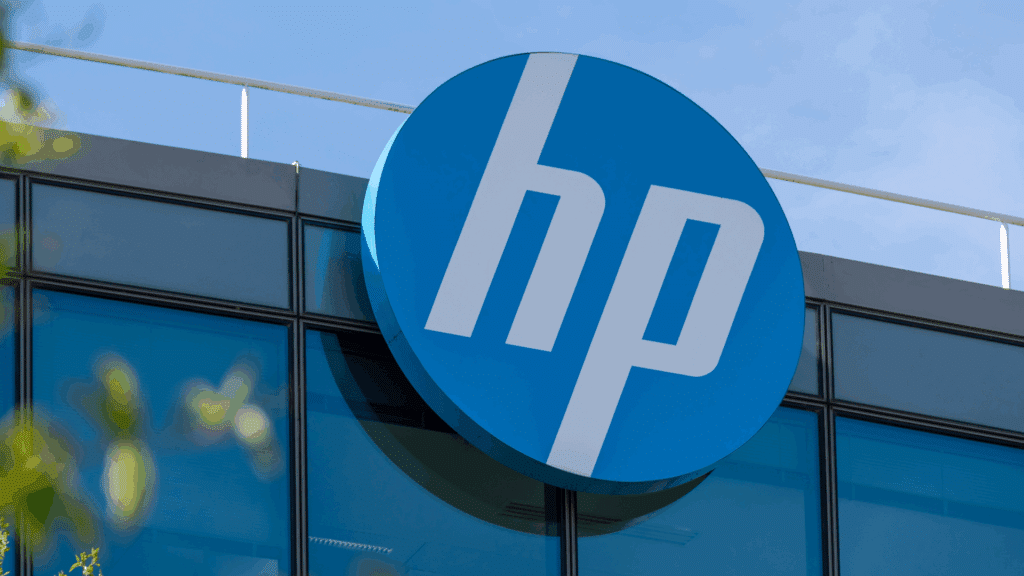Google’s introduction of the Pixel 3a, starting at $399, is a clever business move, here’s why.
Sub-$400 (and even carrier-subsidized sub-$200) smartphones from premium brands like Samsung, Google, and others are a game-changer. They address a critical market need. Samsung will have to respond or risk losing some marketshare in US. I doubt that Apple will initially respond, but that could change in 2020 if the market reacts well to this, and competitors gain enough traction.
This dynamic has already been playing out in other markets. For example, in Europe, Samsung offers the J6+ for roughly 150€. It’s a stellar device at a ridiculously low price point, and consumers looking for alternatives to premium smartphone pricing have flocked to it. This move by Google isn’t a shot in the dark. Even Apple is considering a low price-point iPhone for markets like India, where premium pricing isn’t scalable just yet.
There is still a market for $1,000+ premium devices, but that $200-$500 range is ripe for the picking. The risk, obviously, is that introducing consumers to excellent devices at low price-points will shift them away from premium devices, and that’s a fair concern. But two factors appear to be driving the decision to do it anyway—
One, premium smartphone sales are weakening. Consumers aren’t upgrading their phones every year anymore, or even every two years. Device makers need to jumpstart hardware sales again and expand their install base somehow, and
Two, Chinese device makers like Oppo and Xiaomi have successfully begun to capitalize on that opportunity and are making headway there. If premium brands don’t jump in, they risk losing significant marketshare.
The dilemma for premium device makers is to decide which of these two strategies is the biggest danger: Risk cannibalizing sales of premium devices but perhaps make up the revenue and retain their marketshare by offering their own mid-market devices, or protect their premium device business but risk losing revenue and marketshare to “good enough” mid-market devices from competitors.
Google’s decision indicates that it doesn’t want to cede any ground to the likes of Oppo and Xiaomi.
Bonus: And since the Pixel hasn’t yet enjoyed the kind of market penetration that Samsung and Apple’s devices have, this is a perfect opportunity for Google to introduce its phones to a much broader market, expand its footprint, and eventually steer those customers towards its premium phones later.
By the way, the reviews of the Google Pixel 3a are amazing. Here’s one from Wired that rates it a 9/10. And here’s a video that walks you through the highlights:
Futurum Research provides industry research and analysis. These columns are for educational purposes only and should not be considered in any way investment advice.
Related reads:
The iPhone Turns 10, But What’s Next for Mobility?
Author Information
Olivier Blanchard is Research Director, Intelligent Devices. He covers edge semiconductors and intelligent AI-capable devices for Futurum. In addition to having co-authored several books about digital transformation and AI with Futurum Group CEO Daniel Newman, Blanchard brings considerable experience demystifying new and emerging technologies, advising clients on how best to future-proof their organizations, and helping maximize the positive impacts of technology disruption while mitigating their potentially negative effects. Follow his extended analysis on X and LinkedIn.






